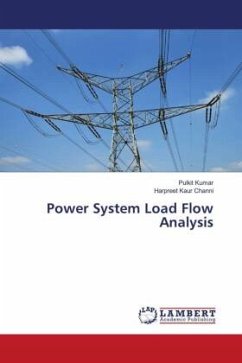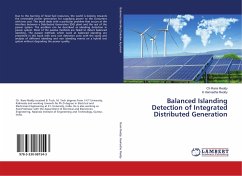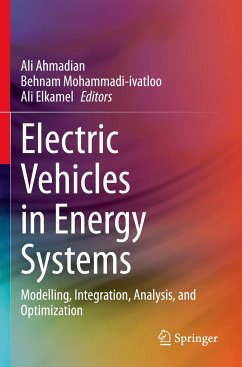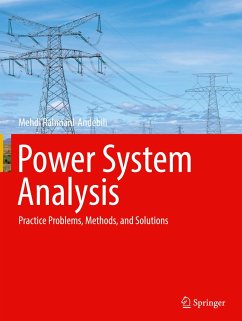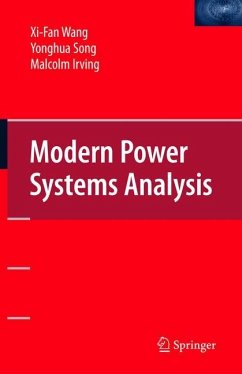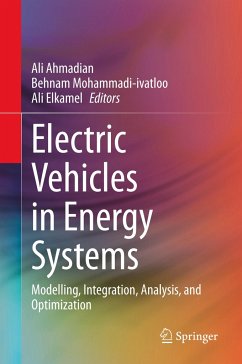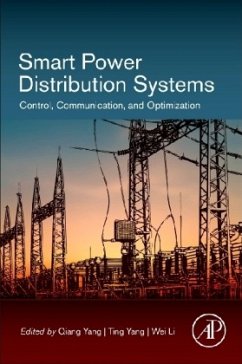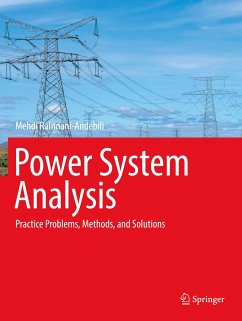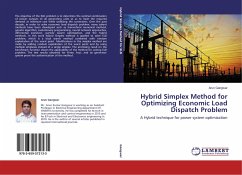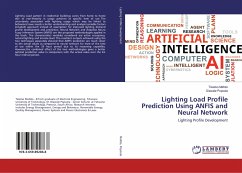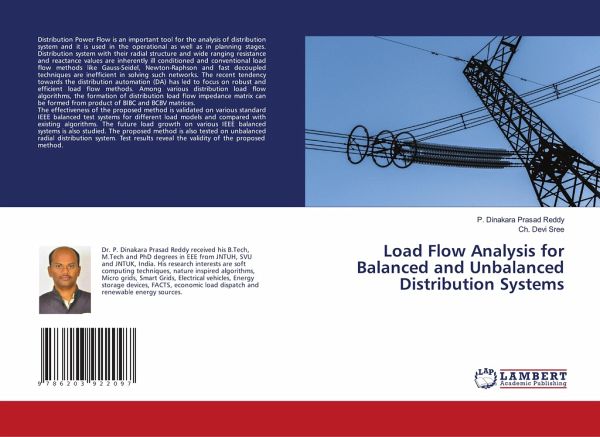
Load Flow Analysis for Balanced and Unbalanced Distribution Systems
Versandkostenfrei!
Versandfertig in 1-2 Wochen
26,99 €
inkl. MwSt.

PAYBACK Punkte
13 °P sammeln!
Distribution Power Flow is an important tool for the analysis of distribution system and it is used in the operational as well as in planning stages. Distribution system with their radial structure and wide ranging resistance and reactance values are inherently ill conditioned and conventional load flow methods like Gauss-Seidel, Newton-Raphson and fast decoupled techniques are inefficient in solving such networks. The recent tendency towards the distribution automation (DA) has led to focus on robust and efficient load flow methods. Among various distribution load flow algorithms, the formati...
Distribution Power Flow is an important tool for the analysis of distribution system and it is used in the operational as well as in planning stages. Distribution system with their radial structure and wide ranging resistance and reactance values are inherently ill conditioned and conventional load flow methods like Gauss-Seidel, Newton-Raphson and fast decoupled techniques are inefficient in solving such networks. The recent tendency towards the distribution automation (DA) has led to focus on robust and efficient load flow methods. Among various distribution load flow algorithms, the formation of distribution load flow impedance matrix can be formed from product of BIBC and BCBV matrices. The effectiveness of the proposed method is validated on various standard IEEE balanced test systems for different load models and compared with existing algorithms. The future load growth on various IEEE balanced systems is also studied. The proposed method is also tested on unbalanced radialdistribution system. Test results reveal the validity of the proposed method.



